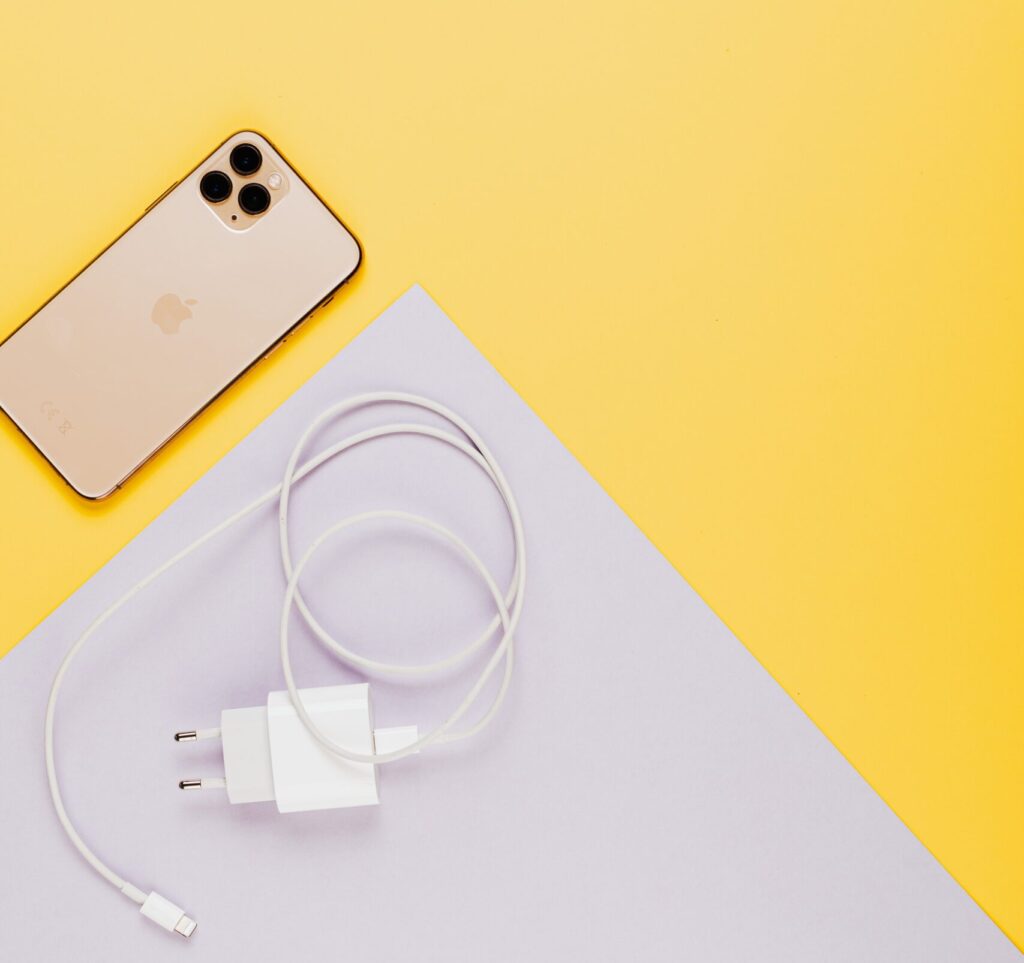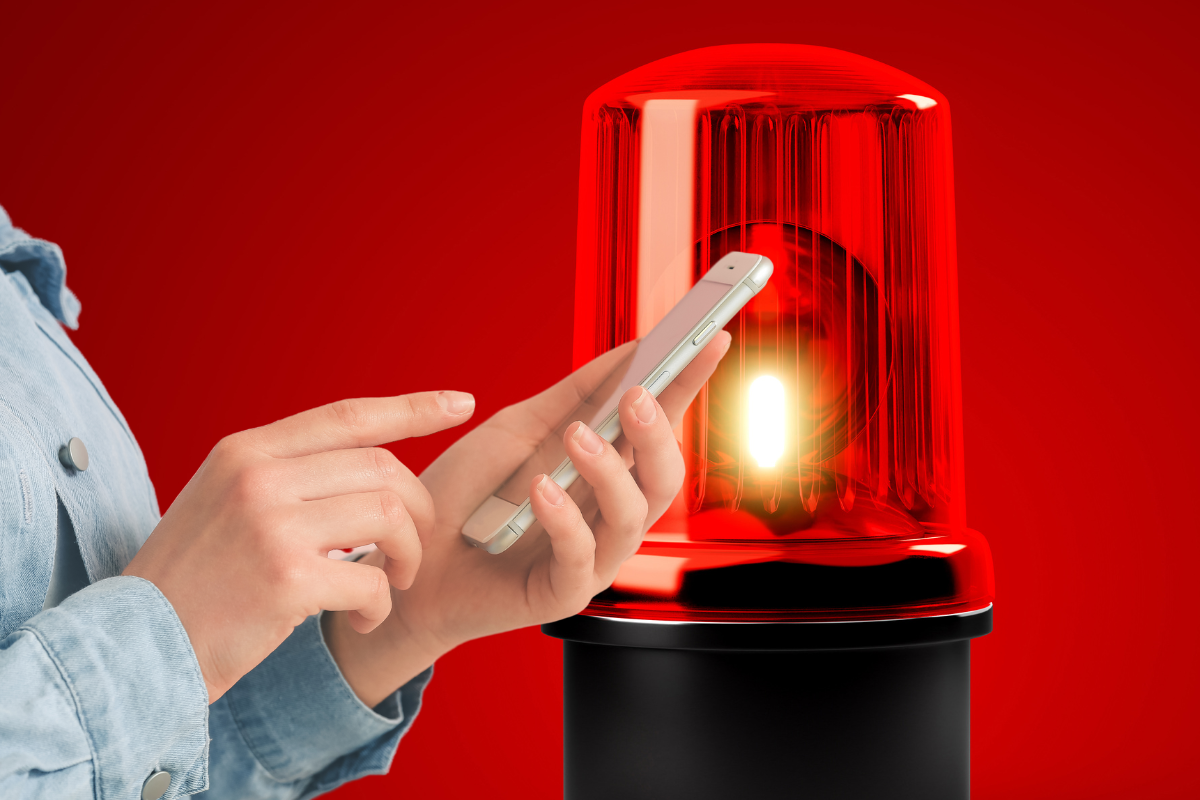Learn more about the controversy involving Apple and our country. Understand the measures that will be taken.
On the 20th, Apple sent a proposal to the Ministry of Justice and the National Consumer Agency (Senacon) to formalize the Conduct Adjustment Term (TAC). A year ago, Senacon filed a lawsuit against the company for selling iPhone smartphones without a plug-in charger.
The agency ordered the suspension of sales of all models in the iPhone lines without chargers and fined Apple more than R$12.2 million. Senacon announced last Thursday (21) that: “In accordance with internal procedures, we intend to suspend the process until the negotiations conducted by the TAC Negotiation Committee are concluded”. The deadline for Apple to respond ended on Wednesday (20). Furthermore, according to Senacon, there is no deadline for negotiations during the preparation of a TAC, as it aims to prevent consumer rights and/or avoid irregular behavior.

Notice to Resellers
In September 2022, Senacon sent an administrative notice to Apple product resellers informing them of the penalties associated with selling devices without accessories considered essential for the operation of the device. At the time, Apple responded with a security order, to ensure that resellers would not be punished. The company has been selling the iPhone without a charger since 2020.
With the launch of the iPhone 15 earlier this month, Apple began introducing a USB-C connector into its smartphones that meets the requirements of European Union, abandoning the company's proprietary Lightning connector format. The device is now included in the USB-C standard, but continues to be sold only with a cable, without a plug in the cell phone packaging.
Reasons for the process
When a product is sold that is incomplete or unable to perform essential functions (a cell phone without a battery won't work), the company ends up selling an unfinished product. This discriminates against consumers and transfers the responsibility for the product's functioning to third parties.
In response, Apple claimed that its decision not to provide battery chargers for smartphones was due to environmental concerns. In other words, to promote sustainable use. However, the argument is insufficient for Senacon, as the company's decision to sell the device without a charger ends up transferring the entire burden to the consumer.
According to the agency, manufacturers can take other steps to reduce their environmental impact, such as using USB-C connectors and charging cables that are currently recognized as industry standards. Senacon also highlighted that despite the fines and court rulings in Santa Catarina, São Paulo (SP), Fortaleza (CE) and Caldas Novas (GO), Apple has not yet taken any action to resolve the problem. On the contrary, even with the fine, Apple continues to sell the phone without a charger. Senacon also recalls that other manufacturers have also been sued and have presented settlement proposals.
Understand the violations
Tied Sale
Practice in which the company creates a “disguise” relationship. In this, it indirectly forces the user to purchase a second product by selling phones without a charger, since it is necessary for the phone to function.
Sale of incomplete products or products without essential characteristics
The decision concluded that the sale of products without a charger is enough to make them “unsuitable or inadequate for their intended use, according to the Consumer Protection Code. Therefore, Senacon emphasizes that it is illegal to use a product depending on other products not provided by the manufacturer.
Refusal to sell a complete product through discrimination against the consumer
Furthermore, according to Senacon, the differential adopted by the company is basically the consumer's income, which allows the user to continue changing devices. The entity stated that the company is not obliged to provide battery chargers on the grounds that the social sector chosen by it, although small, did not need the equipment. This is because it could use chargers from older models purchased previously.
Furthermore, Senacon believes that the claim that the price of the product itself makes it “exclusive” for those who “can afford it” is unfounded. This is because it does not take into account the credit, installment or loan options that can be taken out. This is especially true in Brazil, where credit and installment systems are common ways of concluding purchase and sale contracts. Claiming that someone with “low income” cannot buy an iPhone is discriminatory in itself.
Transfer of Liability to Third Parties
Finally, Senacon states that the practices adopted by Apple create two types of transfer of liability. One is the transfer of liability for the supply of chargers. The other is by the Brazilian State and exchange rate policy, since the price will not be reduced if the device is delivered without a charger.


